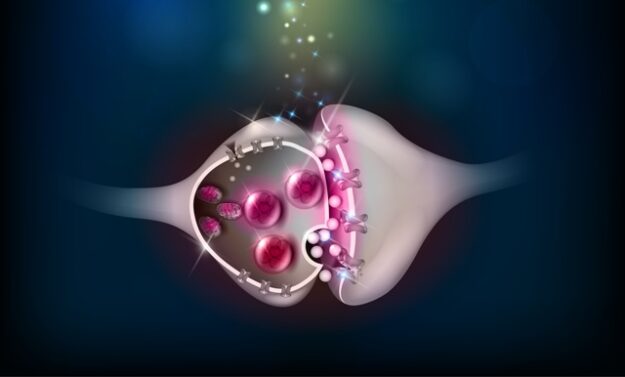The new challenge of science to end obesity: turning off the “hunger hormone”
Obesity and overweight are two of the main health problems in the West, as they lead to more diseases and a worse quality of life in general. Science has been fighting obesity for decades, but it has yet to discover the ultimate weapon. For now. Controlling ghrelin: the “hunger hormone” Currently, a research…











